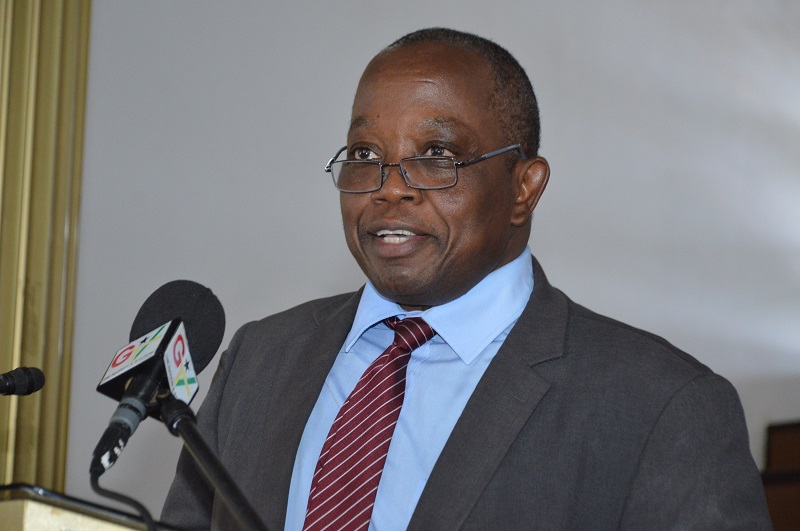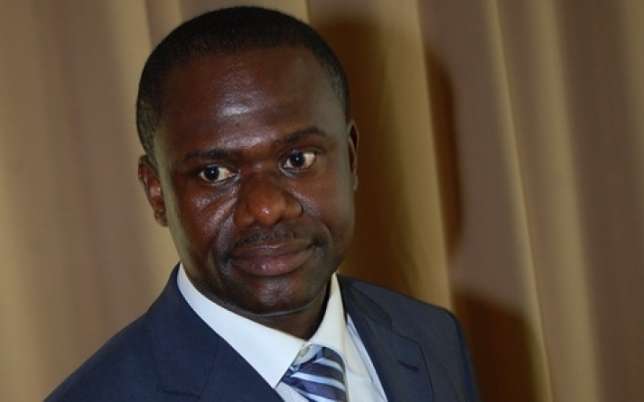Supreme Court to rule on constitutionality of Auditor General’s GH¢184 million Zoomlion surcharge
Waste Management Company, Zoomlion Ghana Limited, will on December 3, 2020, know its fate concerning a GH¢184million surcharge slapped on it by the Auditor-General when the Supreme Court delivers a constitutional interpretation related to the matter.
A seven-member panel of the court will give an interpretation of Article 187 (7) (b) (i) of the 1992 Constitution, the constitutional provision that gives the Auditor-General the power to disallow expenditure and surcharge people.
Article 187 (7) (b) (i) of the 1992 Constitution allows the Auditor-General to “disallow any item of expenditure which is contrary to law and surcharge, the amount of any expenditure disallowed upon the person responsible for incurring or authorising the expenditure.”
With the interpretation, the apex court will answer “whether or not in the exercise of his function, under Article 187 (7) (b) (i) of the 1992 Constitution, the Auditor-General can make a surcharge against a person other than a public officer.”
If the Supreme Court decides that the Auditor-General surcharge powers is only limited to public officers or public entities, it means Zoomlion, as a private entity, will not be liable to pay the GH¢184million surcharge imposed on it by the Auditor-General.
The jurisdiction of the highest court of the land was invoked after the Court of Appeal, which is hearing an appeal by Zoomlion against the surcharge, on October 29, this year, made a constitutional reference to the Supreme Court.
Legal positions
Zoomlion has presented its legal position to the Supreme Court in which it argues that the Auditor-General has no constitutional mandate to surcharge it.
In its statement of case signed by its lead counsel, Mr O.K. Osafo-Buabeng, Zoomlion is of the view that a ‘person’ as used in Article 187 (7) (b) (i) of the 1992 Constitution is a reference to “persons responsible for the management of public finances and does not include private persons or entities.”
“In the circumstance, we pray that this honourable court answers the question ‘whether or not in the exercise of his functions the Auditor-General can make a surcharge against a person other than a public officer in the negative,” counsel argued.
On the other hand, the Auditor-General is asking the Supreme Court to decide that his powers to surcharge people found to have expended public finance without due process include private individuals and entities.

The Auditor-General calls on the Supreme Court not to only look at Article 187 (7) (b) (i) but to also take into consideration Article 187 (7) (b) (iiii) of the 1992 Constitution which also gives the Auditor General the power to surcharge “any person by whose negligence or misconduct the loss or deficiency has been incurred”.
It is the case of the Auditor-General that his power to surcharge private individuals and entities is derived from Article 187 (7) (b) (iiii) of the 1992 Constitution.
“It is our contention that Article 187 (7) (b) (iii) of the 1992 Constitution does not differentiate between private or public person. A reading of the whole of Article 187 (7) (b) shows that (iii) is intended to cover all persons whether public or private,” the Auditor-General avers in his statement of case.
Surcharge
On October 29, 2018, the Auditor-General issued a surcharge and disallowance against Zoomlion for over GH¢184 million for a fumigation exercise it carried out for the Ministry of Health (MOH) but which was paid by the National Health Insurance Authority (NHIA).
That was after an audit conducted by the Auditor-General on the accounts of the NHIA made findings that Zoomlion had between the year 2007 and 2018 allegedly been paid a total amount of GH¢184,901,650.00 devoid of due process.
The Auditor-General’s case was that Zoomlion continued to receive payment for the fumigation exercise up to August 2018 even though the contract between the latter and the Ministry of Health was a four-year contract which started from August 2009.
Zoomlion appealed the decision of the Auditor-General at the Accra High Court on December 5, 2018 and urged the court to set it aside.
On January 31, this year, the High Court, presided over by Justice Georgina Mensah-Datsa, dismissed the appeal.
Dissatisfied, on February 6, this year, Zoomlion appealed the decision of the High Court at the Court of Appeal.
The Court of Appeal realised that there was constitutional interpretation to the case and subsequently referred it to the Supreme Court.



